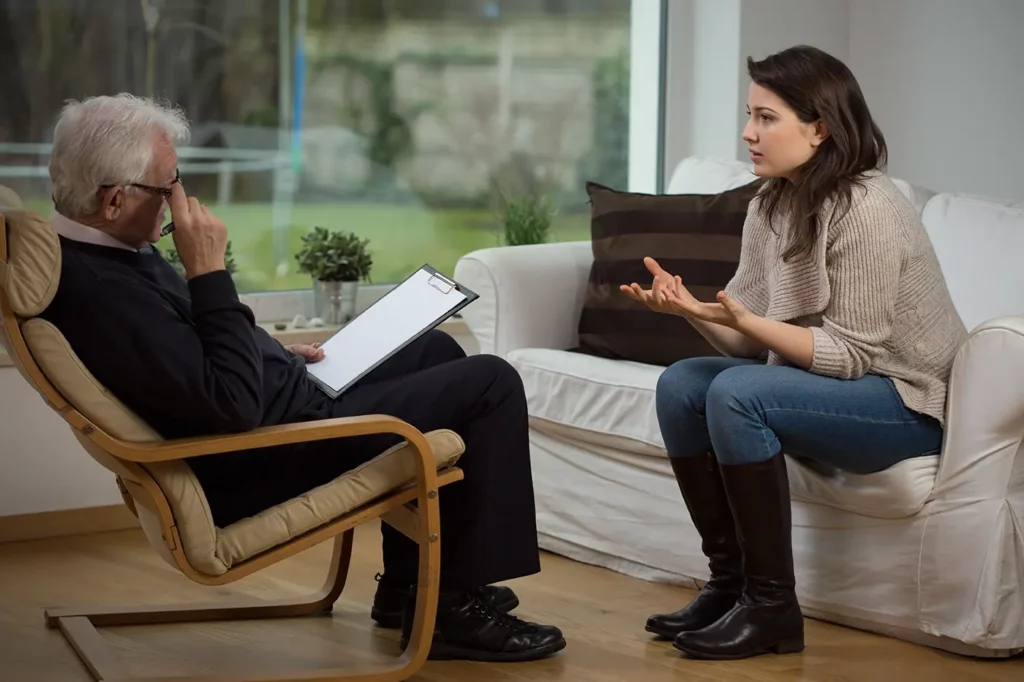24/7 Helpline:
(866) 899-221924/7 Helpline:
(866) 899-2219
Other Insurance Options

Health Choice

ComPsych

Aetna

Molina Healthcare

Magellan Health

Meritain

Group Health Incorporated

Sliding scale payment assistance

Multiplan

Highmark

CareSource

Medical Mutual of Ohio

UMR

Premera

Ambetter

Evernorth

Holman Group

Sutter

MVP Healthcare

EmblemHealth

Burgess Health Center – Mental Health
Burgess Health Center – Mental Health is a private rehab located in Onawa, Iowa. Burgess Health Cent...

Lakeland Mental Health Center – Moorhead
Lakeland Mental Health Center – Moorhead is a private rehab located in Moorhead, Minnesota. Lakeland...

Gull Harbour
Gull Harbour is an Intensive Residential Treatment Services (IRTS) program. It includes time-limited...

Maple Mountain Recovery
Maple Mountain Recovery provides a full continuum of holistic addiction treatment for adults in Mapl...

























Jackson Recovery Center – 10th Street
Jackson Recovery Center - 10th Street offers outpatient treatment for adolescents with alcohol and/o...

Anchorage
Anchorage is a private rehab located in Moorhead, Minnesota. Anchorage specializes in the treatment ...

Solutions Behavioral Healthcare Professionals
Solutions Behavioral Healthcare Professionals is a private rehab located in Moorhead, Minnesota. Sol...













































